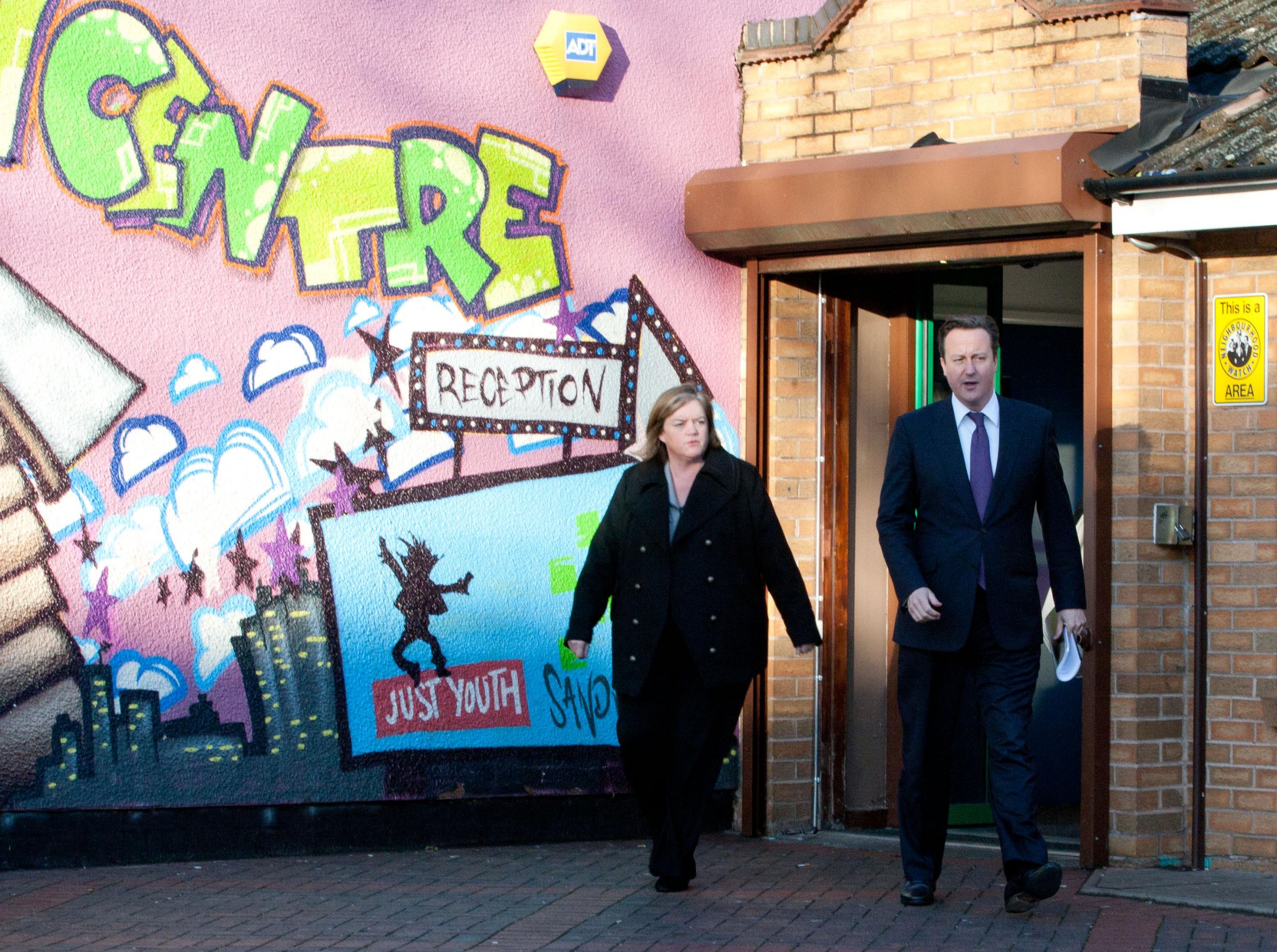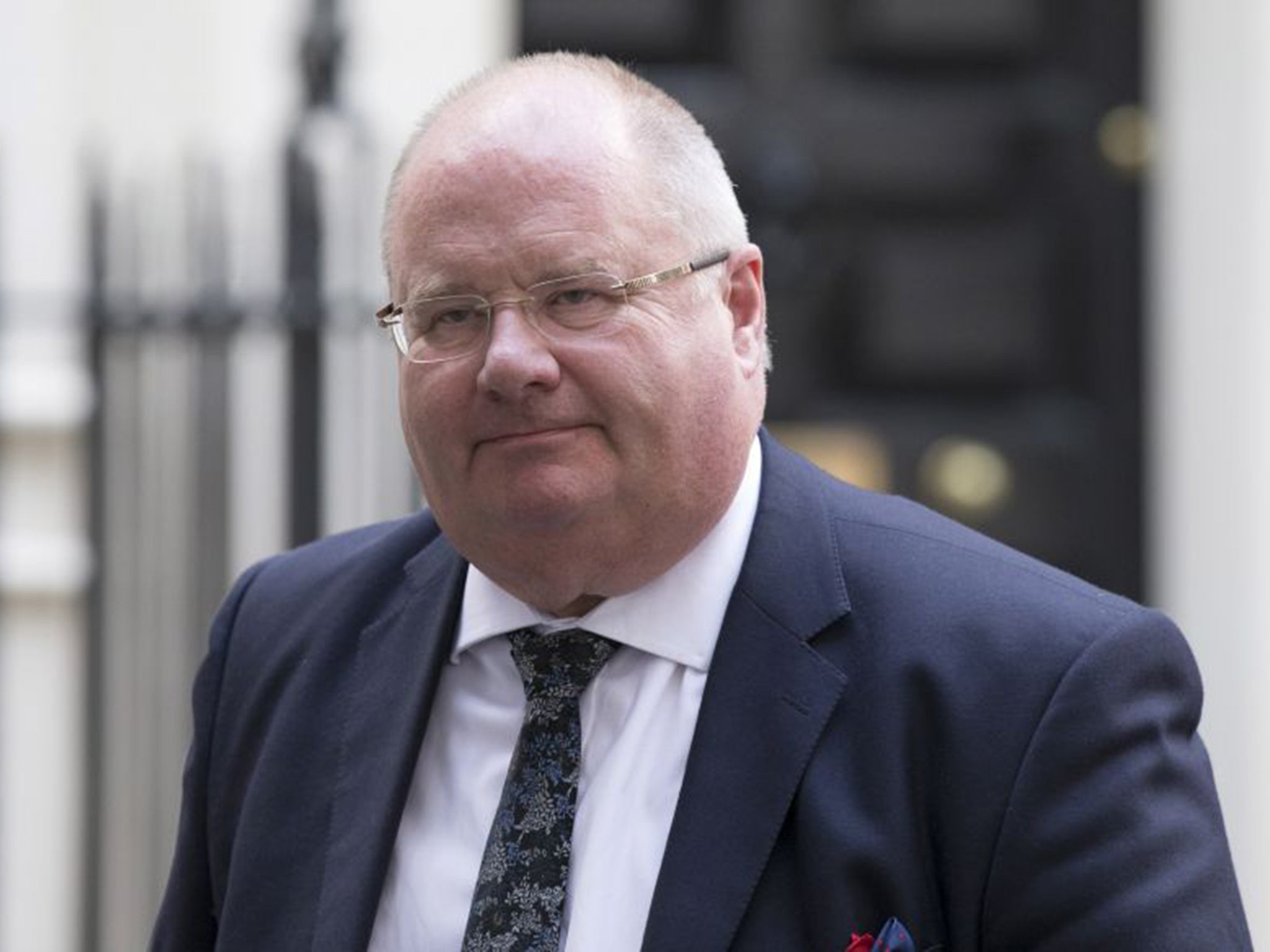No evidence 'misleading' Troubled Families Programme turned around lives, Public Accounts Committee warns
The crossparty Public Accounts Committee slated 'serious' failings

There is no “consistent evidence” that the Government’s Troubled Families Programme had any impact on turning people’s lives around, a highly critical report by MPs has warned.
The programme, launched by David Cameron’s government in 2011 alongside Dame Louise Casey, aimed to reduce antisocial behavior, make sure children were attending education, cut worklessness and reduce costs to the public sector from these problems.
The Government claimed 16,654 families had been “turned around” by the programme – 99 per cent of the 117,910 originally identified by councils for inclusion in it.
But on Tuesday the Public Accounts Committee said that though there were some apparent short-term successes and reforms as a result of the programme, the Government’s own evaluation of it “could not directly attribute improvement in a range of outcomes related to employment, crime and health to the Troubled Families programme”.
They added: “The Department was unable to provide assurance at this stage that it would be able to evidence a statistically significant impact of the programme in the future.”
The influential committee said ministers’ claim the families had been “turned around” was “misleading” and risked undermining the programme’s purpose.
They also called for a “more meaningful” method of evaluating the programme’s successes and failures to be developed and a review of the “payment by results” system for the programe which they said could have incentivised the Department to take a short-term approach to achieving its goals.
The cross-party group of MPs also said the Government had been “evasive” when it came to explaining why an independent assessment of the progamme had been delayed.
“The Department was evasive when explaining the reasons for this delay, furthering the impression that government is reluctant to be open and transparent about the Troubled Families programme,” they said
“The Committee urges action to address this and makes a series of recommendations to improve evaluation of the programme, to include more meaningful assessment at both national and local authority level.”
Meg Hillier, the Labour MP who chairs the PAC, said the failings in the programme and its assessment criteria were “serious”.
“Government officials might be inclined to consider our comments on the delay in publishing its Troubled Families evaluation as a slap on the wrist about Whitehall bureaucracy,” she said.
“Let me assure them that given the ambitions for this programme, the implications for families and the significant sums of money invested, it is far more serious than that.
“But it is particularly important with a new initiative that there is transparency so that the Government can learn and adapt the programme.
“The Department has undermined any achievements the Government might legitimately claim for its overall work in this area.
“In particular it was a mistake to use short-term criteria as the measure for successfully ‘turning around’ families, many of whom are grappling with long-term social problems.

“A tick in a box to meet a Prime Ministerial target is no substitute for a lasting solution to difficulties that may take years to properly address.
“We would also question the suitability of the Government’s ‘payment by results’ model, which similarly risks incentivising quantity over quality.”
A response from the Government said it was wrong to say the report into the programme had been suppressed and that delays were down to “data errors” in the original report.
It said that “the Government has never suggested that these complex families, some of the hardest to help in the country, have all had all of their multiple problems solved overnight”.
However former Communities Secretary Eric Pickles said in March last year Communities Secretary Eric Pickles said the programme had “provided a long-term solution by tackling the root causes of the very complex problems these families face” and “had life changing results for the families involved by giving them a hand up when they needed it most”.
A Government spokesman said on Tuesday: “As the PAC report recognises, the Troubled Families programme enabled local authorities to expand and transform the way local services work with families.
“But of course, there will always be lessons to learn and we have already made significant improvements to the second stage of the programme.
“We will look carefully at the evidence to find out how we can improve the programme further to help some of the most vulnerable people in our society.”
Join our commenting forum
Join thought-provoking conversations, follow other Independent readers and see their replies
Comments
Bookmark popover
Removed from bookmarks